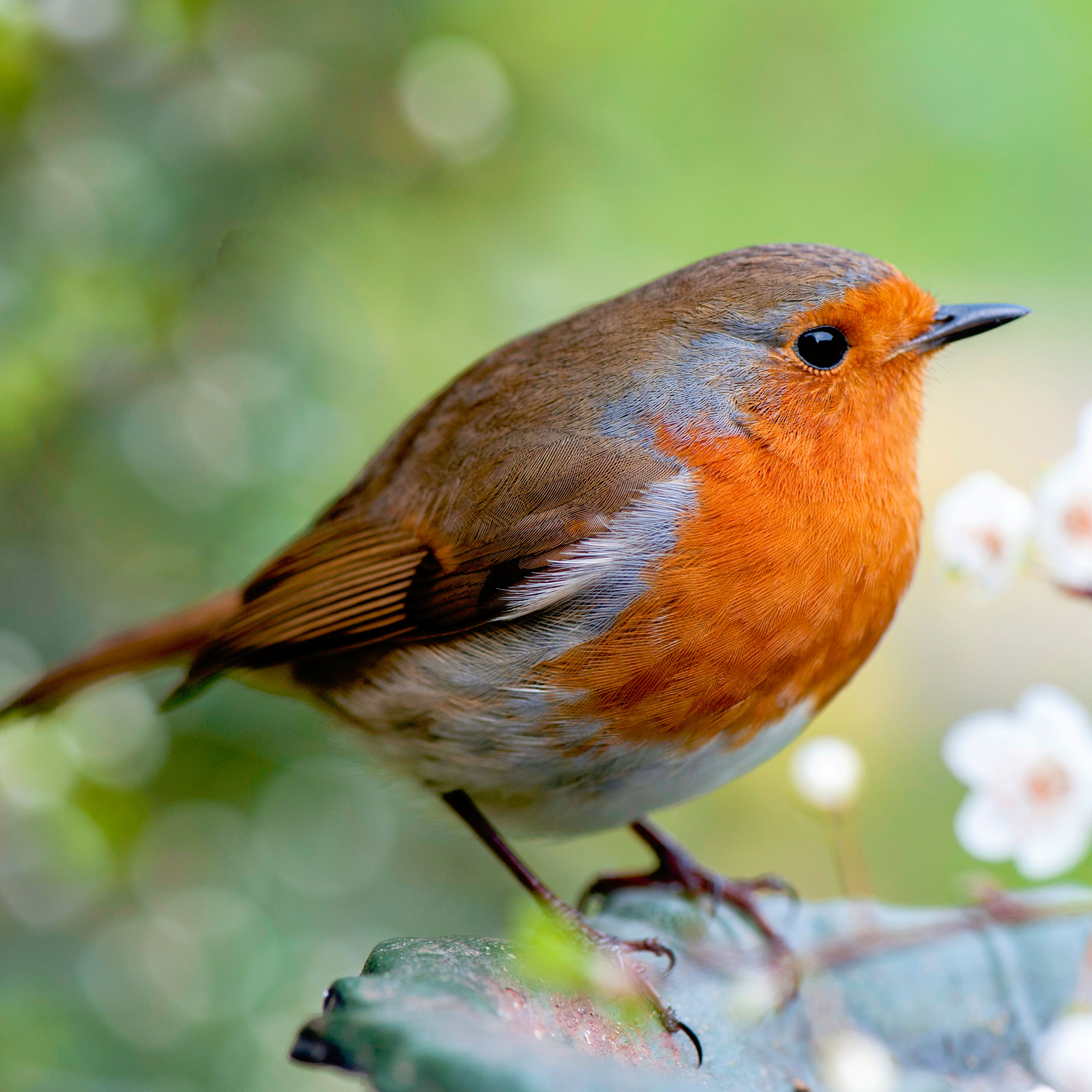
It can be rather frustrating to see slugs all over your garden, particularly if they are causing damage to your beloved blooms or plants. However, attracting birds that eat slugs to your garden is an easy and environmentally friendly method to get rid of slugs naturally.
‘Birds can actually be a gardener's secret weapon against slugs,’ explains Nick Pulsonetti, Director of Business and Pest Expert at Excel Pest Services. ‘I personally think of them as nature's own pest control.’ Thankfully it is relatively easy to turn your garden or outdoor space into a haven for birds.
‘Common slug-eating birds include blackbirds, thrushes, starlings, and robins. But remember, a diverse garden attracts a wider variety of birds, which can lead to better pest control,’ more generally, Nick admits. So, it’s good to think of the bigger picture as you start to plan and design your garden. This is because ‘other animals will also rely on slugs as part of their diet, such as hedgehogs, frogs and some types of beetle,’ says Morris Hankinson, Director of Hopes Grove Nurseries.
Even though slugs and snails are no longer classed as pests by the RHS, since the vast majority don’t feast on our plants, there are a number who do. Which is why making your garden as attractive as possible to birds who consume these types of slugs is key.
Here are the best ways to turn your outdoor space into a true haven for slug eating birds.
1. Plant bird-attracting plants
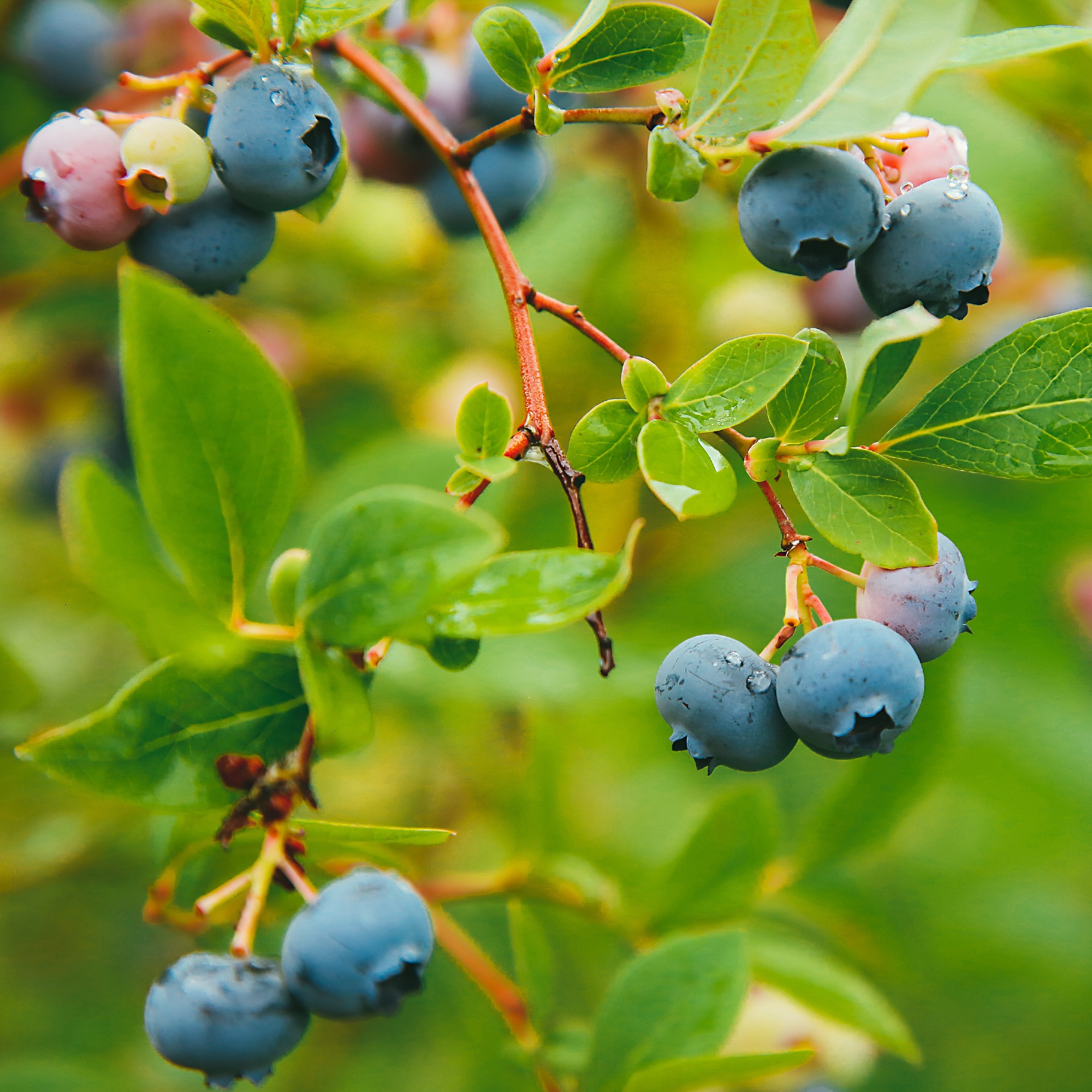
One of the easiest ways to attract slug eating birds is by planting shrubs, plants and bushes that will entice them to make a pitstop in your garden. ‘Anything that has berries is great for birds,’ says Nick Hamilton, Owner of Barnsdale Gardens. Think ‘Sorbus (mountain ash), Crataegus (hawthorn), Hedera (ivy), Prunus spinosa (sloe),’ he suggests. While ‘Cotoneaster, for example, will ensure that they are also catered for during the colder months when there are less slugs around.’
While ‘different birds have different preferences, once you know your target audience, you can create a buffet,’ Nick outlines, ‘with berry bushes like blackberries or raspberries attracting thrushes.’
2. Offer them food
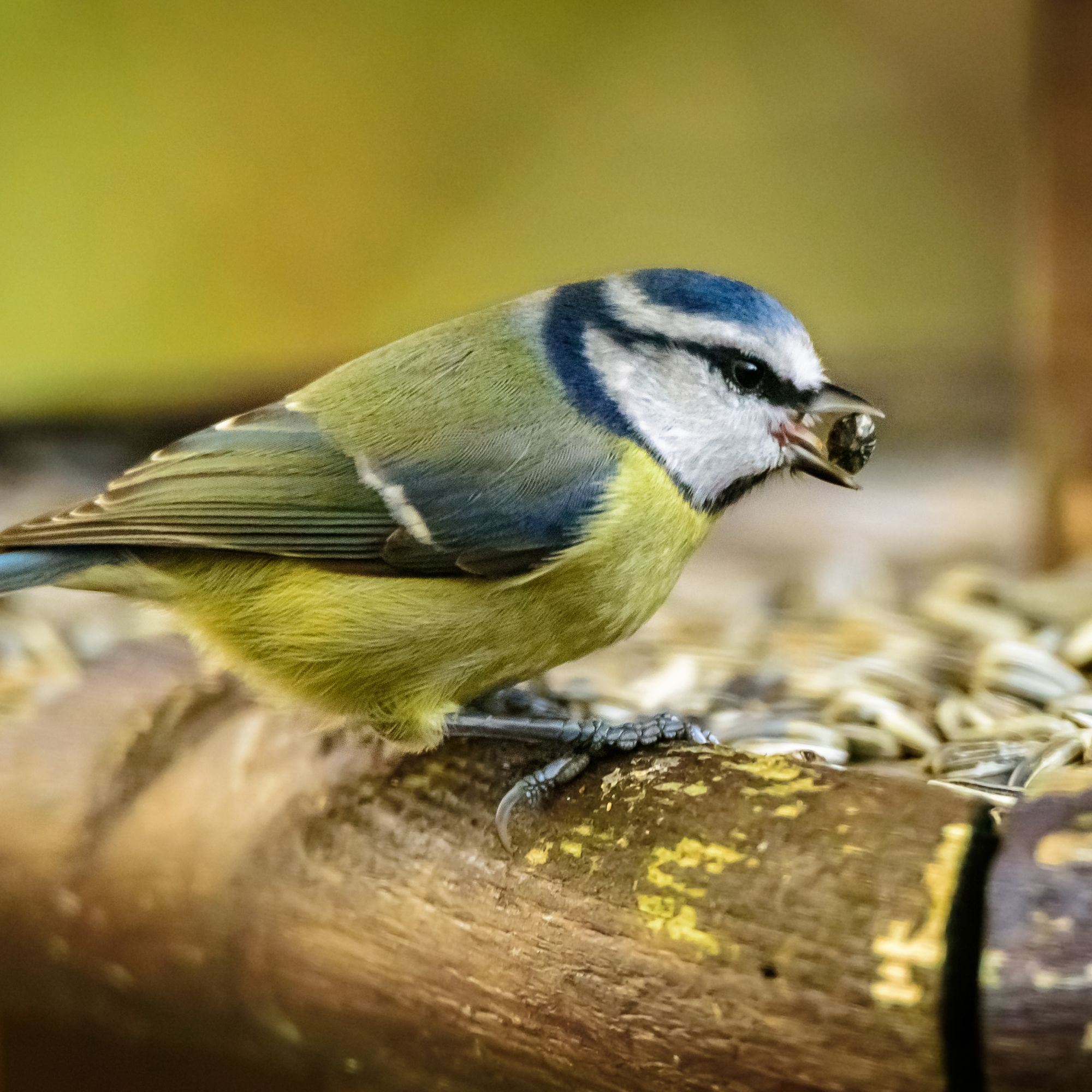
Offering birds a range of different foods in a few different places in your garden will also help to attract them and keep them coming back to your garden for more. Whether you choose to put out some seeds, berries, suet, fruit or even mealworms, varying the levels of your bird feeders and providing some closer to the ground to entice the birds to ingest the slugs is ideal.
Plus, ‘slugs will actually be drawn to bird feeders too, as they are an easy and accessible source of food for slugs, especially when bird feeders are close to the floor,’ affirms Rhino Greenhouses Direct’s Gardening Expert, Andrew White. Just make sure to avoid bread or processed foods, when you put food out for the birds, as these aren’t nutritious and could even attract rats, if you’re not careful.
If squirrels love your garden, then ensure your feeder isn't encouraging them to come around even more often by using a caged feeder.
Encourage more birds to feed at once with this multi-station option, and hopefully direct them towards the slugs on the ground, too!
Perfect for even the smallest of outdoor spaces, this feeder should encourage birds into your garden.
3. Add a water source
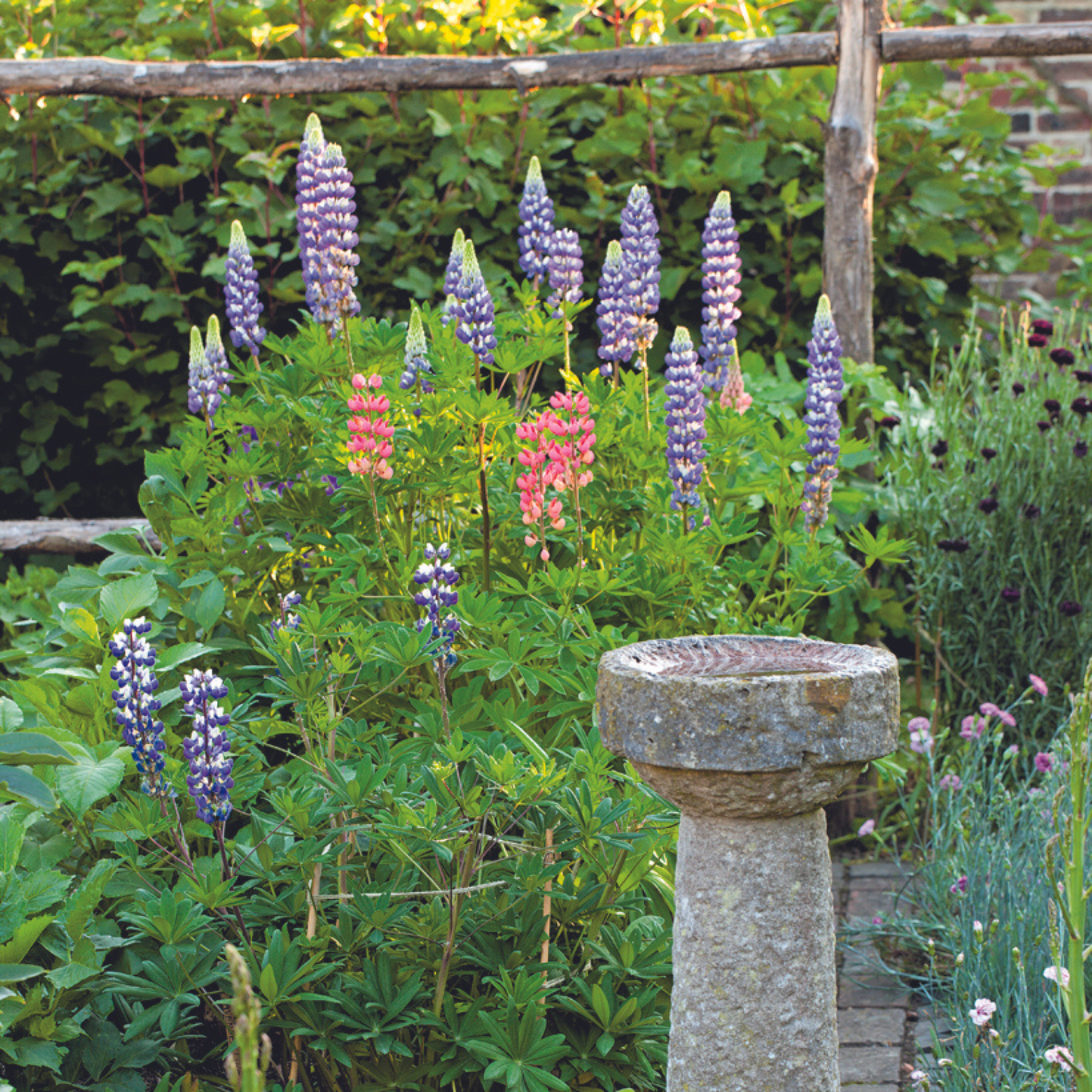
‘Adding a source of water is also a fantastic way to entice birds,’ suggests Sean McMenemy, Garden Wildlife Expert at Ark Wildlife. So, if you don’t already have a water source of some kind in your garden, now is a great time to explore garden water feature ideas.
‘Birds require water to keep hydrated, clean and cool,’ he adds. ‘When the weather is warmer, finding a spot to bathe can be a challenge so a mini pond, a bird bath or even a shallow bowl of water in a shaded spot will be greatly appreciated, and in return your plants remain pest-free.’
Essentially, birds are simply looking for spaces which will provide them with food, water and shelter, so the more you can do to offer that, the greater the chance of them paying your garden a visit and helping to keep on top of the number of slugs you have.
For a sleek, contemporary take on the bird bath we love this slimline brass option.
Hang a water bath from a tree if you have limited space or don't want more items on your lawn.
Low to the ground, this style will get birds closer to slugs and other pests, so they can nibble while hydrating.
4. Avoid removing dead flower heads
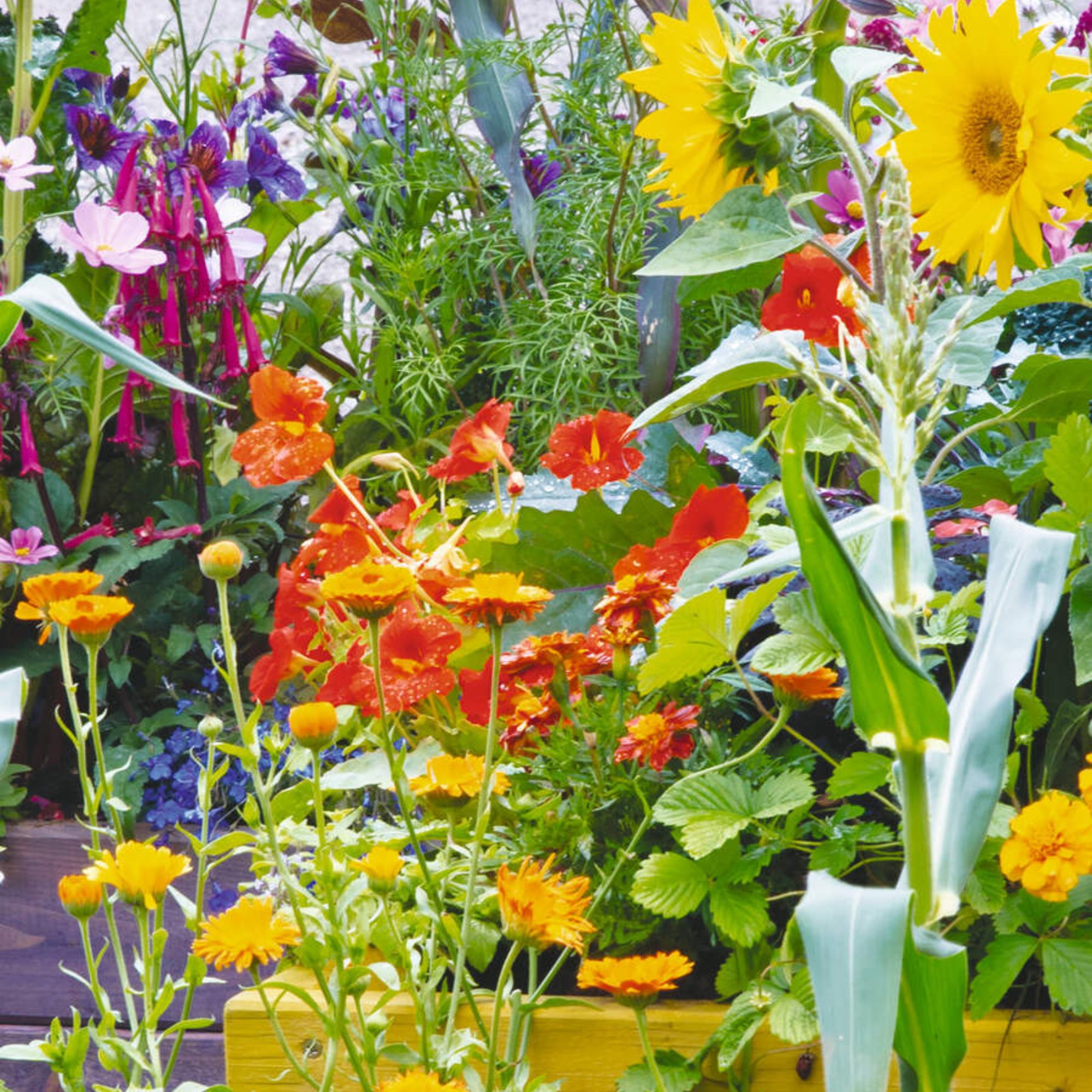
Even though you might be tempted to tidy up when your plants are looking a bit sorry for themselves, ‘another great way to attract birds is to avoid removing dead flower heads,’ affirms Chris Bonnett, Founder of GardeningExpress.co.uk.
‘Sunflowers, coneflowers and teasel flowers have large seed heads which provide a great source of protein that birds will certainly appreciate.’
5. Allow an area of your garden grow wild
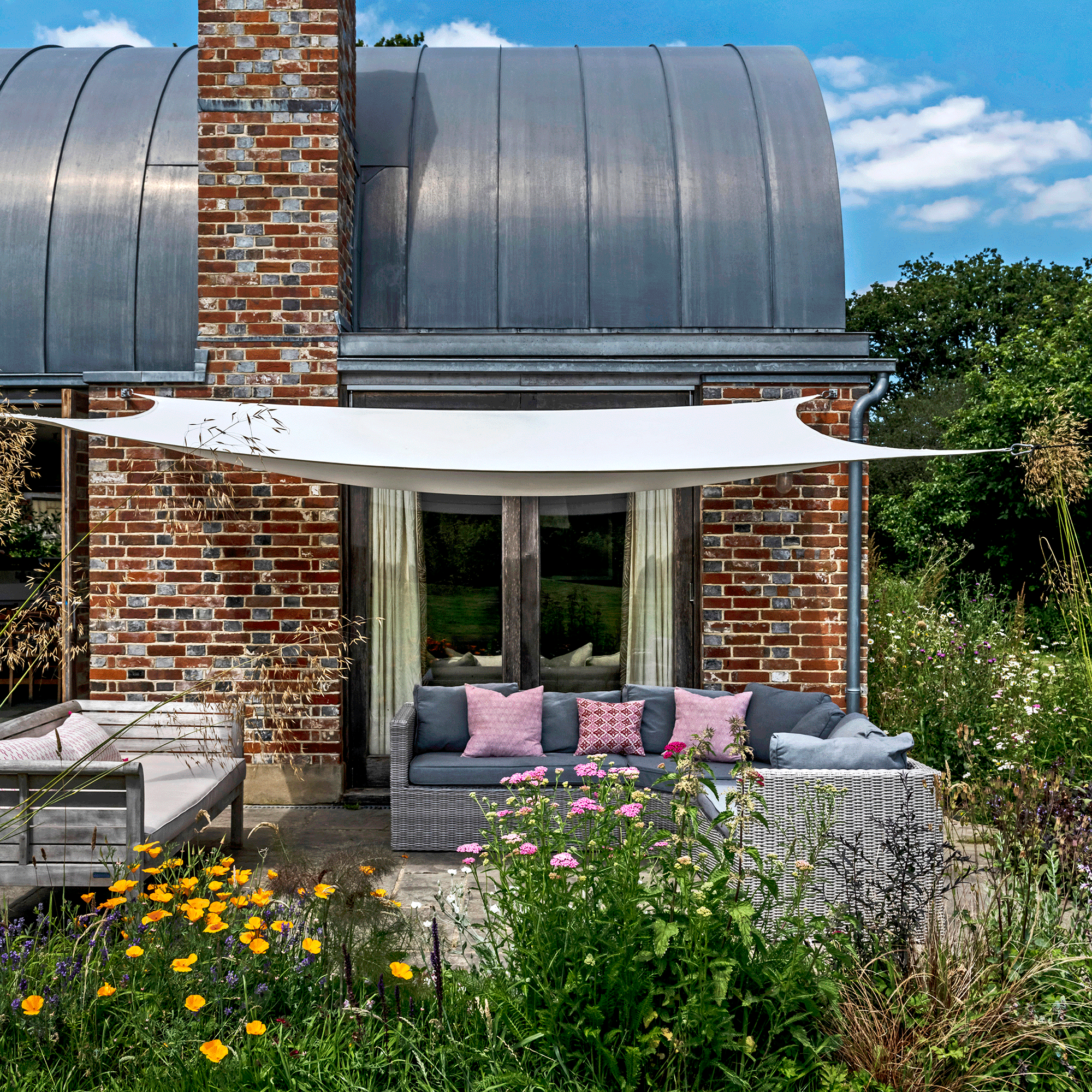
And this leads us on nicely to our next point. Even though you don’t want your outdoor space to be cluttered or too messy, rewilding your garden can have a number of benefits. ‘By leaving a patch of undisturbed lawn or bedding, feathered friends will swoop down and search for natural food, including slugs and snails, and provide you with pest control – free of charge,’ Sean admits.
While there are a number of wildlife garden ideas, something as simple as not mowing a particular patch of grass or leaving fallen leaves or branches in this area can not only provide them with nesting materials but 'slugs can often hide under rocks, logs, mulch, and dense vegetation during the day,' Jane Dobbs, Team Lead Gardening at Allan's Gardeners reveals. So, this directs the birds right towards this area.
6. Provide nesting habitats
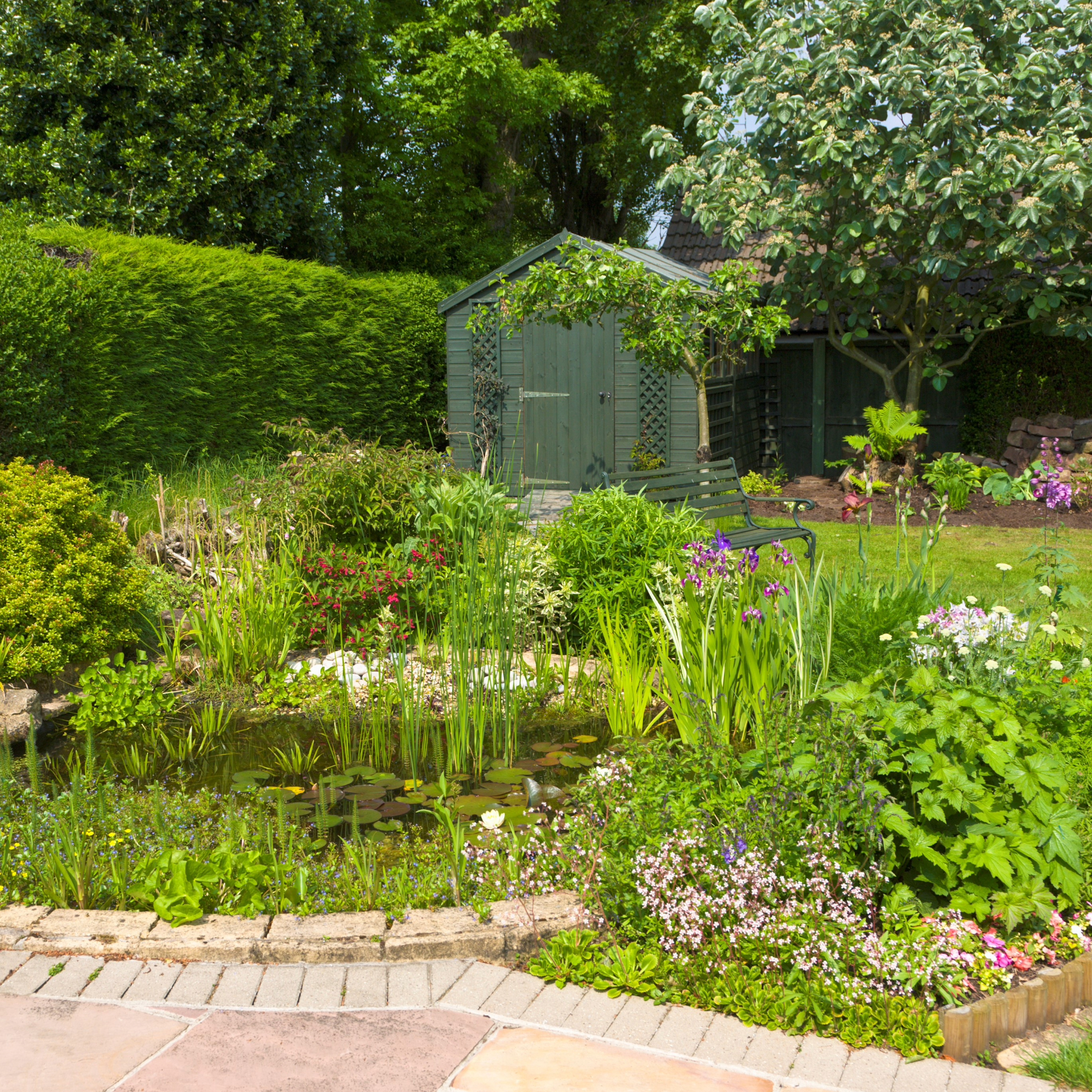
If you happen to have hedgerows or bushes, birds will already have a couple of potential nesting spots. Bushy trees also serve a similar purpose. Alternatively, if you have the space and don’t have some of these in your garden already, it could be something to consider.
You can also ‘invest in nesting boxes to give birds a safe place to nest, encouraging them to stay in your garden and hunt for food,’ Jane advises. And leaving nesting materials such as straw, yarn or string can also be handy for the birds to use and make themselves at home in your garden.
A basic wooden nesting box is perfect for every garden, Plus, you can paint it to suit your style if you want it to stand out a little.
This recycled hessian is ideal to leave out for birds to take and use to create their own nesting areas.
If you're concerned about nesting materials being disturbed by wind or eaten by animals, this cute holder could be just the ticket.
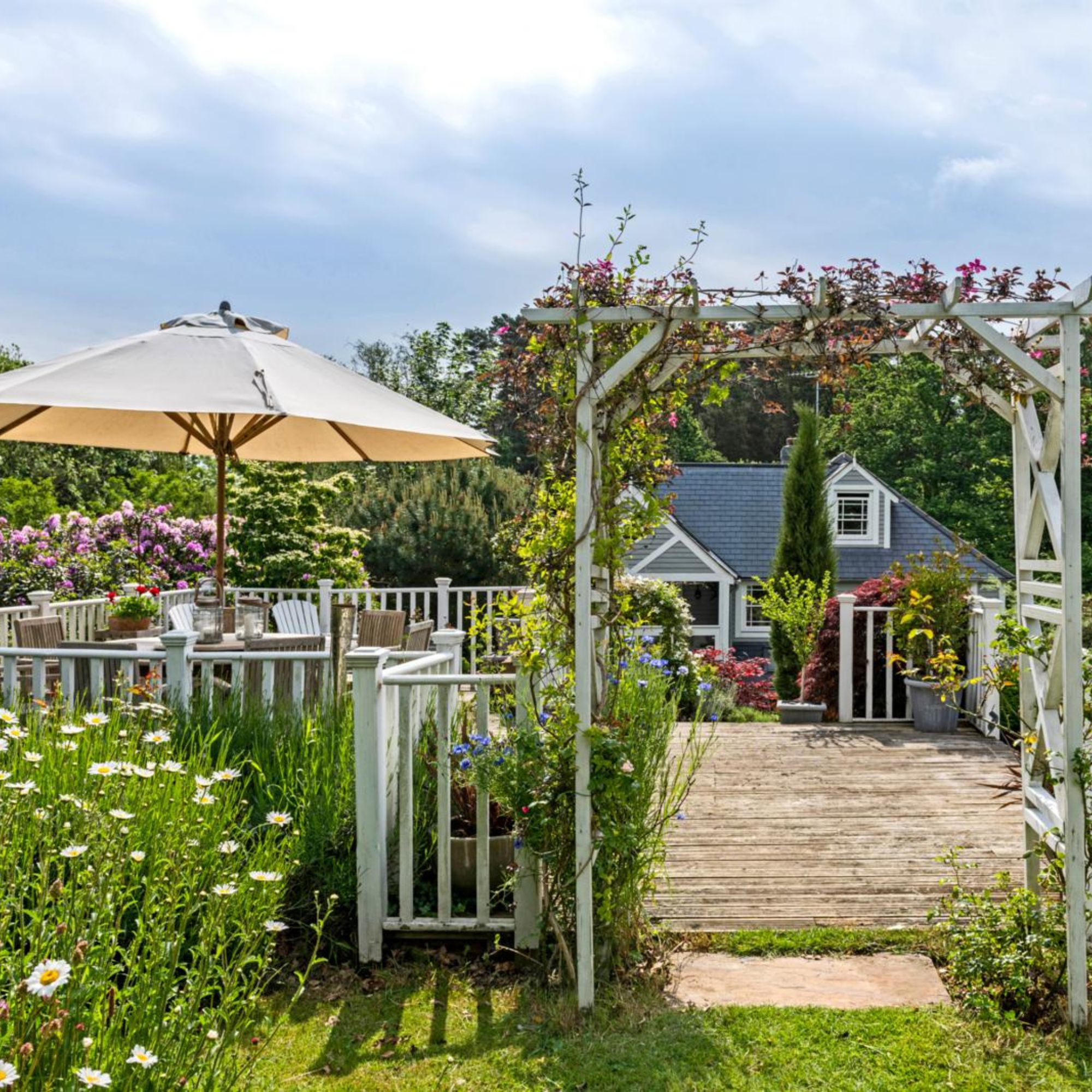
7. Create a safe environment
Even though you’re looking to attract one kind of predator – birds – larger predators can cause them some problems, which is why you should try to keep cats and other large animals from entering your garden. There are a variety of plants which repel cats or you could keep a watch out for felines from your neighbourhood who may be traversing through your garden as they go out exploring.
If you own a cat yourself, adding a bell to their collar can give birds a heads up that it's approaching, giving them time to fly away before your moggy gets too close.
FAQs
How do I permanently get rid of slugs in my garden?
Unfortunately it’s impossible to permanently get rid of slugs, but there are a few things you can do to limit their presence in your garden. In addition to attracting birds to eat them, you can also try mulching, which will act as a barrier around your plants and prevent slugs from getting too close. Crushing up eggshells and sprinkling them around your plants can have a similar effect, as well.
When it comes to the why is my garden full of slugs?, ‘there are also some plants that slugs hate because of their strong scents, so planting these near your other plants should keep them at bay,’ Morris says. ‘Plants that slugs hate include lavender, rosemary and foxglove – foxglove is toxic so slugs will tend to avoid – among others.’ They’re also not a fan of the smell of coffee, so coffee grounds can also come in handy.
However, Nick does admit that ‘you don’t want to totally get rid of them, otherwise you will also potentially lose the predators you have just encouraged in.’ So, it’s important to create a varied and diverse ecosystem to set your garden up for success.
Why is my garden full of slugs?
Even though you can find slugs in your garden all year round, they really thrive in warm and damp conditions, which is why they tend to be more of an issue during the spring and summer months.
‘A lot of slugs could also be a sign of poorly drained soil in your garden,’ Chris declares. This is because, ‘slugs love moist soil and often bury themselves in it. To fix this type of soil, you’ll want to slowly mix in some compost which will help add air pockets.’ Either way, it is totally normal to have slugs in your garden but if they are becoming a nuisance, you certainly have a few different options available to you.
Now you know exactly what to do if you've been struggling with slugs, whether that be on your plants, your lawn or even your patio or driveway.







